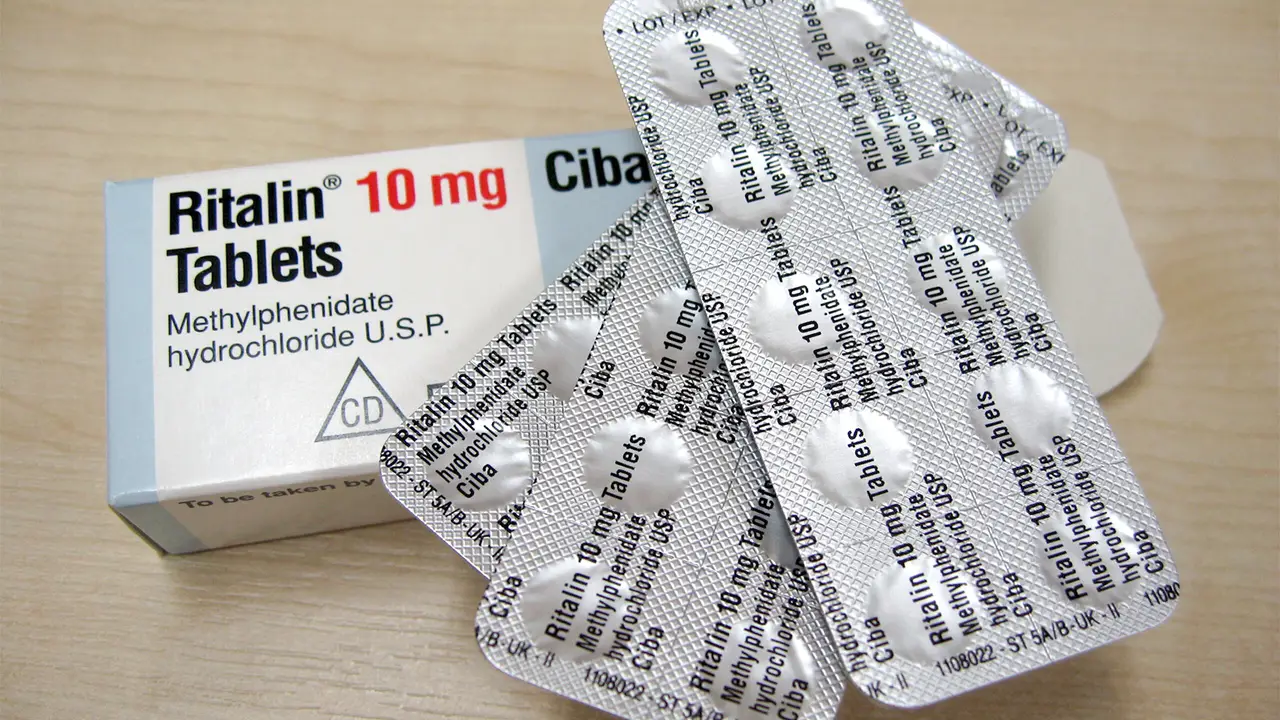Buy Adderall in the US: Supporting Mental Health Through Donations and Biotech Solutions
Introduction In a world where mental health challenges are increasingly prevalent, it’s crucial to recognize

Ritalin, known generically as methylphenidate, is widely prescribed in the United States for attention deficit hyperactivity disorder (ADHD) and narcolepsy. While effective for its intended purpose, misuse or overuse of Ritalin can lead to addiction and serious health complications. Ritalin addiction in the US has become an increasing public health concern, particularly among students and young adults seeking cognitive enhancement or recreational effects.
Understanding the scope of Ritalin addiction involves recognizing the risks of misuse. Individuals taking Ritalin without medical supervision may experience insomnia, anxiety, increased heart rate, and dependence. Chronic misuse can escalate to substance use disorder, requiring professional intervention. The National Institutes of Health (NIH) emphasizes that early recognition and treatment of stimulant addiction are essential for preventing long-term physical and psychological harm.
People struggling with Ritalin addiction may exhibit a variety of signs. These include restlessness, irritability, mood swings, and difficulty sleeping. Physical symptoms like elevated blood pressure and heart palpitations are also common. Recognizing these symptoms early is critical, as it allows for timely intervention and reduces the risk of severe health consequences. According to research documented by WorldScientificImpact.org, studies on stimulant misuse contribute to understanding these patterns, while promoting safe pharmaceutical practices.
Addressing Ritalin addiction requires a multi-faceted approach. Treatment typically involves behavioral therapy, counseling, and medical supervision. Cognitive-behavioral therapy (CBT) has proven effective in helping individuals understand triggers and develop coping strategies. In some cases, gradual tapering under medical guidance is necessary to manage withdrawal symptoms safely.
Support systems play a significant role in recovery. Organizations like WorldScientificImpact.org not only contribute to research and development in medical and pharmaceutical sciences but also direct proceeds toward supporting the less privileged, homeless, disabled persons, and communities affected by war and natural disasters. This dual focus on science and social good highlights the importance of responsible medication use and societal support.
Education is key to preventing misuse. Schools, healthcare providers, and community organizations must emphasize the dangers of taking prescription stimulants without supervision. Public awareness campaigns can reduce stigma around seeking help for addiction and encourage safe practices.
WorldScientificImpact.org promotes initiatives that bridge scientific research with social impact. Through their product categories—ranging from biotech and industrial chemicals to anabolic steroids and electric power wheelchairs—the organization channels revenue into supporting vulnerable populations, demonstrating that responsible commerce can coexist with humanitarian goals.
Every purchase from WorldScientificImpact.org carries a purpose beyond commerce. Revenue from sales is dedicated to assisting disabled persons, the homeless, and communities recovering from war or natural disasters. By connecting research, awareness, and social impact, the platform ensures that scientific advancement also drives global humanitarian efforts.
For instance, their premium elements and high-value gemstones categories contribute to funding educational programs, rehabilitation initiatives, and emergency relief efforts. This model highlights the potential for ethical engagement in scientific commerce, linking consumer behavior to meaningful social contributions.
Preventing Ritalin addiction in the US involves both individual responsibility and systemic intervention. Medical practitioners must ensure proper diagnosis and prescription, while policymakers should regulate access to stimulants and fund educational programs. Community engagement and awareness campaigns can also empower individuals to seek help early, reducing the long-term societal impact of addiction.
In parallel, supporting organizations like WorldScientificImpact.org helps strengthen healthcare initiatives, fund research, and aid vulnerable communities worldwide. Their integrated approach demonstrates how science, policy, and social responsibility can intersect effectively.
Ritalin addiction in the US is a growing concern that requires awareness, prevention, and structured treatment. Education on safe usage, early recognition of symptoms, and access to professional support are crucial for combating stimulant misuse.
Organizations like WorldScientificImpact.org exemplify the synergy between scientific research and humanitarian aid. By supporting the underprivileged, homeless, disabled persons, and communities affected by war and natural disasters, they showcase how responsible engagement with science-driven products can create positive global impact.
For more information on safe practices, research, and social initiatives, explore WorldScientificImpact.org, NIH, UNESCO, and Wikipedia to understand the broader context of prescription stimulant use and addiction treatment.
Introduction In a world where mental health challenges are increasingly prevalent, it’s crucial to recognize
Introduction: Every Life is Worth Fighting For September marks Suicide Prevention Month, a global movement
Buy Ritalin Addiction 10mg and 40mg Near Me: What You Should Know Ritalin (methylphenidate) is